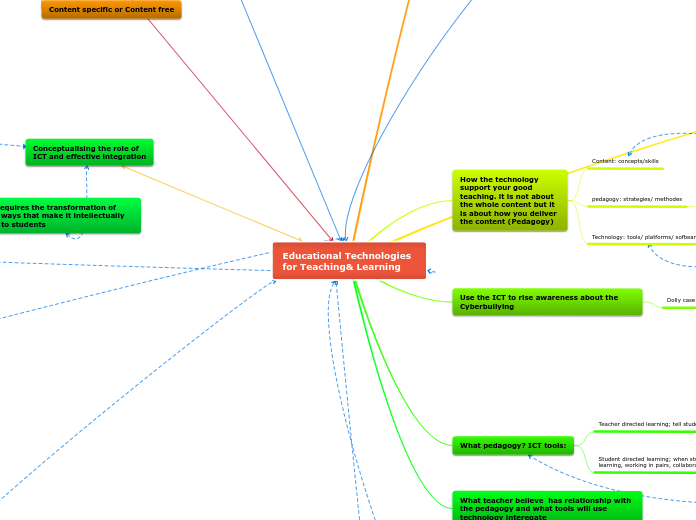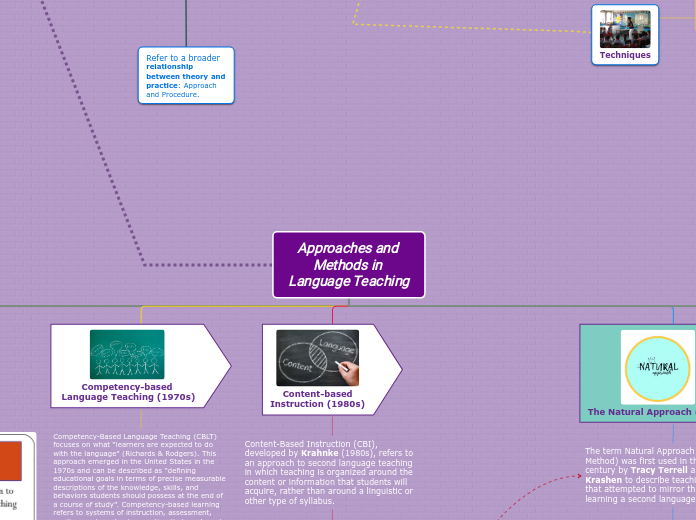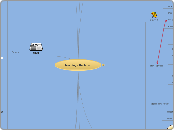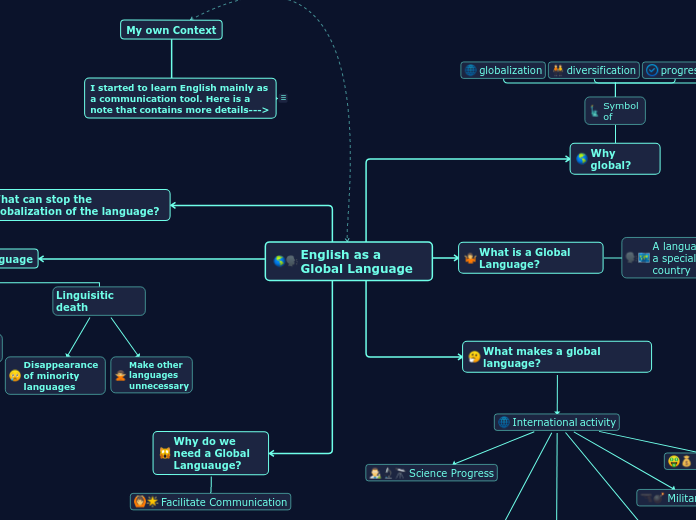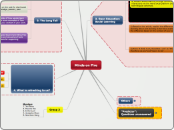jonka Imane Maghri 5 vuotta sitten
262
Educational Technologies for Teaching& Learning
Educators increasingly utilize online quizzes to engage students and enhance learning experiences. Professional development and inclusive technologies are focal points, with discussions on balancing teacher-centered and student-centered approaches.
